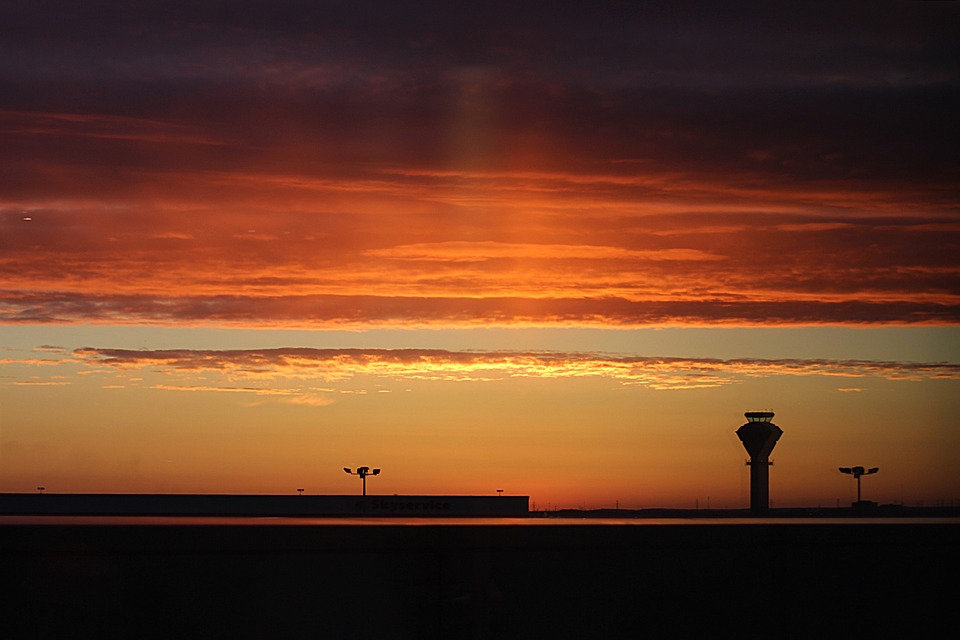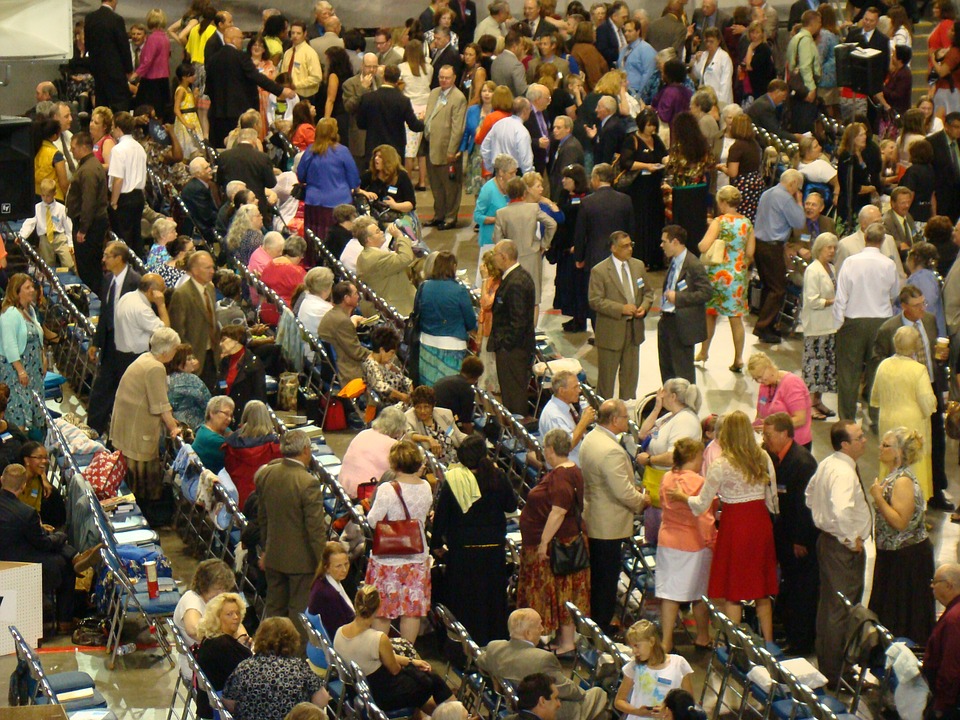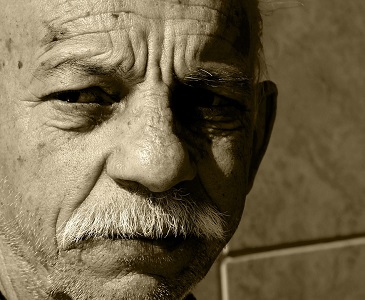Immigration and Refugee Law Updates
The Canadian Association of Refuge Lawyers Recommendations: July 2016
The Canadian Association of Refugee Lawyers (CARL) has released a brief that details reform proposals for Canada’s inland refugee determination system. The paper also includes other proposals relevant to other areas of Immigration Law.
Echoing the popular mood in the country, CARL’s proposals largely focus on reforming the policies put in place by the previous Harper Government. The recommendations focus on eliminating legislative mechanisms that prohibit people in certain situations from accessing the refugee system. CARL also wishes to relax timelines, broaden access to appellate relief, and strengthen oversite.
Some highlights include:
- Eliminating bars on access to the refugee system based on country of origin and limiting the application of the agreement which restricts refugee applications from the US border
- Lengthening time limits for refugee applications and appeals
- Reform the complaints procedure for Refugee Protection Division decision-makers and create an immigration ombudsman
- Create a body that oversees the Canada Border Services Agency
- Allow greater access to the Refugee Appeals Division and affirm its merit-based review jurisdiction
- Increase access to Pre-Removal Risk Assessments
- Expand the applicability of Humanitarian and Compassionate relief
- Heavily limit cessation of refugee status applications from the government
- Repeal the deeming provision that makes any hybrid offence an indictable offence for the purposes of the IRPA
- Limit criminal inadmissibility in cases where an individual grew up in Canada
- Add intentionality to the requirements for inadmissibility based on misrepresentation
- Require best interests of the child assessments wherever a detention will have an impact on a child
The proposals would be in line with recent efforts by the Liberal government to expand access to Canada’s immigration system.
Ten-Year Canadian Visas Skyrocket
The number of Chinese nationals who are being approved for 10-year multiple entry visas is skyrocketing, according to the South China Morning Post. Since 2010, the number of approvals for the program has increased twenty fold to 400,000 for 2015.
Long-term temporary resident visas began becoming popular in China in 2010 when Beijing granted Canada Approved Destination Status, allowing the Canadian Tourism Commission to market directly to Chinese tourists.
According to Statistics Canada, China is rapidly approaching the number two spot for foreign residents visiting Canada, which would knock the United Kingdom out of that spot. The U.K. had over 700,000 visitors come to Canada in the last year alone. The indisputable leader, however, continues to be the United States where over 22 million visitors crossed the border in 2015, almost equalling the population of Canada itself!
The dramatic increase in Chinese tourism is also the product of Canadian government policy. On February 6th, 2014, Canadian Immigration began to consider all visa applicants for the multi-entry visas, even if applicants had only requested a single entry visa.
It is true that the increased traffic in long-term visitors has put pressure on local housing markets, particularly in Vancouver. However, Canada’s reputation as one of the premier destinations for international travel in the world is set to continue. For information on how to apply for a multiple-entry visa, contact your local immigration and refugee law offices.
Canadian Immigration System: Changes Coming Soon
Immigration Lawyers Will Keep You Updated on Policy Changes Set To Take Place In The Fall
Honourable Mr. John McCallum, Minister of immigration for the Trudeau government, has announced that Canada is prepared to make changes to the current immigration system. The biggest priority, according to the Minister, is speeding up family class immigration.
In recent visits to various regions in the greater Toronto area and surrounding cities, McCallum discussed the system inherited by the Liberal government and how it is causing concern among citizens, lawyers, and newcomers. Along with his team, McCallum is working on changes to streamline the immigration system.
Part of the plan includes making it easier for international students to come study in Canada while simultaneously expediting the process to grant residency to those students. The government is hoping to compete with other countries that take international students, such as Australia and the United States. He discussed the importance of international students staying in Canada because they are often already fluent in one of the two official languages, they are young, and they are also educated.
Other areas the government is hoping to streamline includes economic immigrants and refugees. Economic immigrants are people selected to come to Canada for their skills and abilities, while economic immigrants fall into many different categories including skilled workers, business immigrants, and live-in caregivers. Refugees, on the other hand, are accepted as part of Canada’s international obligations and tradition of humanitarian action—including the 25,000 Syrian refugees accepted into the Country on humanitarian grounds.
While immigration and residency is a primary concern for McCallum, the Minister is also hoping to improve visa procedures for those hoping to visit Canada. However, the primary concern the Trudeau government is the processing time for family class in immigration. McCallum expressed his discontent with the length of time it takes for family reunification, with the approximate time for a husband and wife to be reunited at two years. This separation is especially hard on newcomers, who are often transitioning into a new culture and learning a new language while trying to balance jobs, family life, and mental health.
When moving to a new country, there are many barriers and challenges to overcome. They are overwhelming at best, and keeping families together is one way to ease the transition into a new home. Immigration lawyers and legal consultants do their best to help reunite families when they come to Canada, staying on top of policy changes and updates to better serve their clients. Immigration lawyers hope that the new changes McCallum says are coming this fall, it will be easier for families to stay together and not experience long periods of separation when immigrating to a new country.
Stateless and Non-Status Canadians
The “Grey Zone” Of Citizenship in Canada
Country of origin and citizenship are topics frequently debated in politics. Canada in particular has had many amendments to the Canadian Citizenship Act over the years. A recent petition to end “birth tourism” in Canada is again opening up the conversation about Canadian citizenship and how it is obtained. This petition is being introduced in the House of Commons and seeks to bar non-resident births from having access to citizenship. However, the petition is still in favour of allowing access to citizenship for children born in Canada, so long as at least one parent is a permanent resident or citizen of the country.
It seems relatively simple at first glance: if one of your parents is Canadian and you yourself are born in Canada, you should be granted Canadian citizenship. However, Kyle Lopez, a cyber-security expert, has come forward saying it is not so easy. The Atlanta, Georgia resident is on hold from starting a job at Simon Fraser University because of a bureaucratic loophole denying him the ability to prove his Canadian citizenship. Both his grandmother and his father held Canadian citizenship, and Lopez freely and frequently crosses the border between the U.S. and Canada as a ‘non-resident Canadian,’ yet he holds no rights associated with citizenship, including his right to accept a job at SFU. And he is not alone—thousands of people have fallen through the cracks of Canadian immigration and are now in a citizenship “grey zone.”
Every time Lopez has sought citizenship in Canada, he has been told he appears to be Canadian, but that it’s a grey area—officials’ hands are tied when it comes to recognizing any access to citizenship. Policies were overhauled in 2009 and 2015 to restore citizenship to other so-called “Lost Canadians;” anyone who deserves status but doesn’t know how to access it can contact an immigration lawyer in Canada. On a case-by-case basis, the government is able to grant citizenship when someone is encountering undue hardship. Despite this, even some people living in Canada must go through the full immigration process before they can access citizenship.
Both the current Liberal government and the previous federal government have promised changes to help Canadians in citizenship “limbo.” Depending on their country of origin and the conditions of their birth, some of these individuals may find themselves stateless. Donovan McGlaughlin, a First Nations man living in the Yukon, was hidden from the Canadian government by his parents as a way to keep him out of the residential school system. He has lived his entire life stateless as a result.
There are many anomalies that occur in law surrounding citizenship in Canada. Expert legal advice is always beneficial, especially when navigating the many amendments that have been made to the Citizenship Act of 1947. Considering how old this legislation is, some people are calling for an overhaul rather than continuing to amend the Citizenship Act every time a problem crops up. While immigration lawyers continue to share their expertise on the Canadian Citizenship Act, they, along with other advocates, will continue demanding change so no one in Canada is left stateless.
60 Immigration Detainees Go on Hunger Strike
Immigration Detainees And The U.N. Speak Out Against Canada’s Arbitrary Detention System
Over the past week, it has been confirmed that several immigration detainees have been refusing food to protest the current detention system. 60 migrants, who have not been charged with crimes, are being held indefinitely at two maximum security prisons in Ontario. They launched a hunger strike on Monday, July 11 to protest Canada’s policy on indefinite immigrant detention and the use of maximum security prisons.
The detainees’ immediate goal is to meet and discuss their concerns with Ontario’s Public Safety Minister Ralph Goodale, with an ultimate goal to enact change to the policy in favour of a fairer immigration system. This is following a previous hunger strike detainees held last April. The previous strike resulted in a meeting with officials from the Canada Border Services Agency (CBSA); however, the End Immigration Detention Network has stated CBSA did not follow through on any of their promises.
Internationally, the United States and European Union have both addressed the issue by implementing laws to limit the length of detention, while the United Nations (UN) have also established limits on the length of detention. The UN disapprove of Canada’s arbitrary system and seek to end to “rights violations against vulnerable non-citizens.”
During this protest, the detainees suffer not only from hunger and detention, but they may also endure repercussions from speaking out. For example, they are often removed from the general population and kept in their cell for up to 22 hours per day, with limited contact with family and health professionals. Some are even put into solitary confinement. Furthermore, as some detainees are already in bad health, their health risks associated with the hunger strike may be compounded. Despite this, the detainees see the strike as their only option.
16 detained immigrants have died in detention since 2000, over half of which resulted from inadequate medical care. From 2006 to 2014, 87,000 immigrants were detained without charge or trial, according to the End Immigration Detention Network. Despite the ongoing crisis and the strike, government officials have refused to meet with the detainees.
Though a statement has been made by a representative that Goodale is working on issues related to detention, he has not indicated that he will be meeting with detainees at any point. Read more about the hunger strike and which Ontario detention facilities have detainees involved in the demonstration here.





